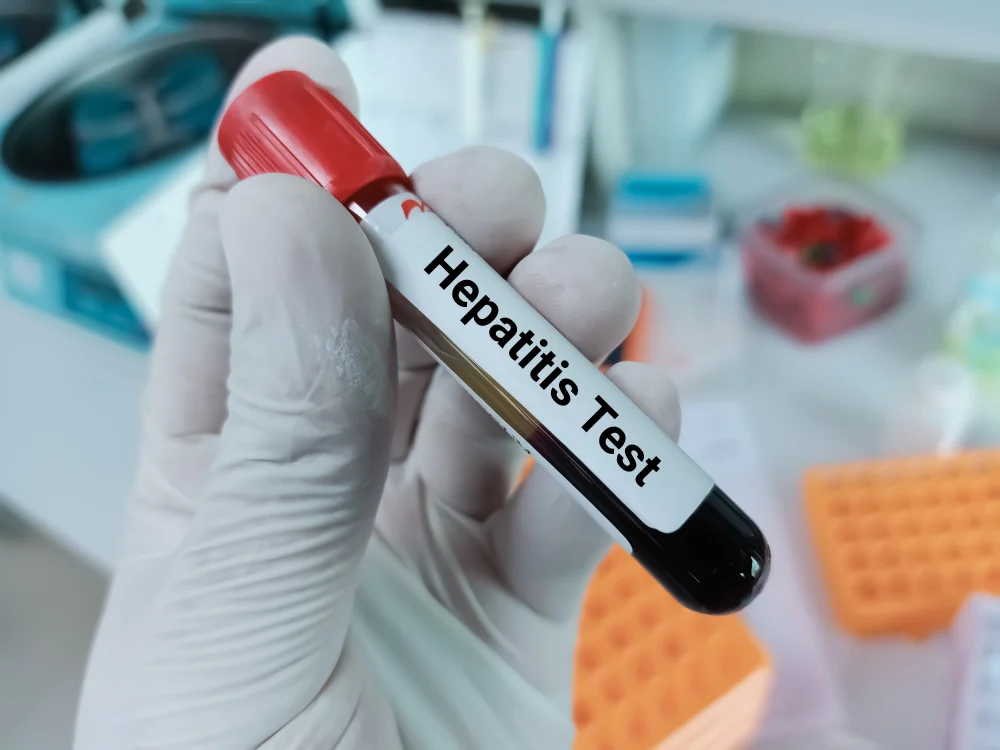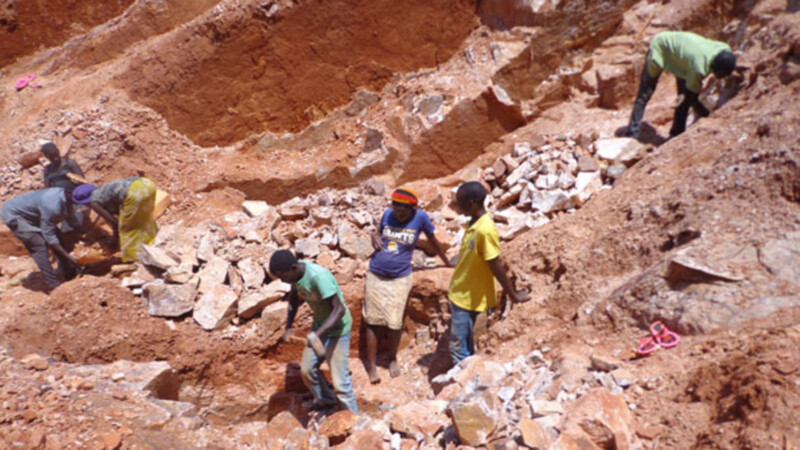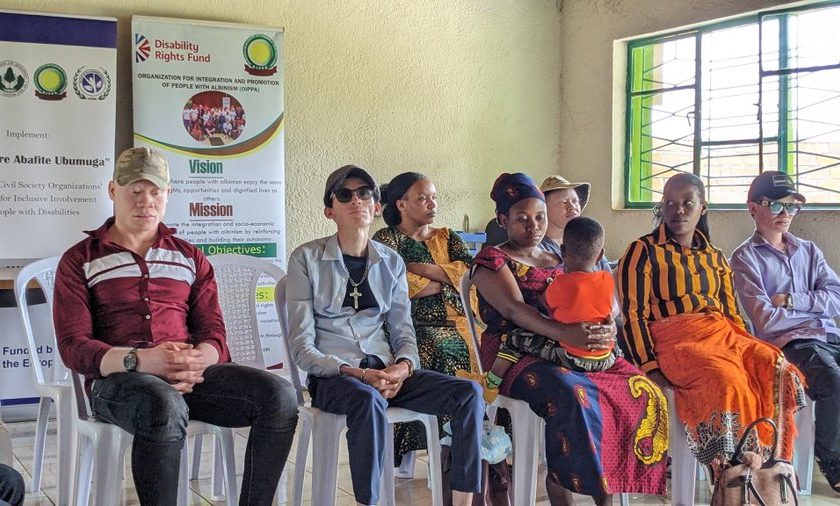On Sunday, July 28, Rwanda will join the rest of the world to mark World Hepatitis Day, raising awareness about viral hepatitis, an inflammation that causes severe liver disease and cancer.
There has been an increase in Hepatitis B and Hepatitis C infections and related mortalities in Rwanda. In response, the government, through the Rwanda Biomedical Centre (RBC), is actively conducting awareness campaigns to educate the public about these infections, their causes, prevention, and treatment options.
There are five main strains of the hepatitis virus A, B, C, D, and E. Hepatitis B and C are the most common infections and result in at least 1.3 million deaths and 2.2 million new infections every year, according to the World Health Organization (WHO),
Despite advancements in diagnostic and treatment tools and reductions in product prices, the rates of testing and treatment coverage have stagnated.
However, the WHO believes that achieving the elimination goal by 2030 is still attainable, provided that immediate and decisive action is taken.
Efforts to curb hepatitis B and C
Hepatitis B (HBV) is a significant concern in Rwanda due to its serious health consequences. The virus is transmitted when blood or other bodily fluids from an infected individual enter the body of an uninfected person.
Statistics from the RBC indicate that between 2022 and 2023, more than of 475,000 people were screened for Hepatitis B (HBV). About 7,600 (1.6 per cent) tested positive for the Hepatitis B surface antigen (HBsAg).
Among those who tested positive, 1,711 (0.36%) had a detectable viral load, and 1,123 were deemed eligible for, and subsequently began receiving, treatment.
Since the screening services began in Rwanda in 2015, nearly five million individuals have been screened for Hepatitis B. 138,512 tested positive for HBsAg, and 8,258 have been initiated on HBV treatment to date.
According to the RBC, public awareness plays a crucial role in the control and elimination of infections, such as HIV and Hepatitis.
Between 2022-2023, the Rwandan population was consistently educated about viral hepatitis and sexually transmitted infections (STIs) via radio and TV broadcasts, as well as interactive live chats that provided opportunities for the public to ask questions and receive immediate responses.
Rwanda’s national guidelines for hepatitis B virus suggest that all pregnant women undergo routine screening at their first prenatal visit and again at delivery.
This protocol ensures the identification of infected individuals who may benefit from treatment and helps prevent mother-to-child transmission of the virus.
In 2022-2023, more than 2,600 healthcare providers received specialised training in viral hepatitis and STIs treatment, complementing the existing pool of trained professionals. This initiative aims to continuously enhance the management of hepatitis B and STIs, ensuring robust and effective healthcare delivery.
This group included 46 hospital directors, 30 district health directors, 92 nurses, 92 medical doctors, 92 hospital data managers, 1,130 heads of health facilities, and 1,130 data managers at the facilities.
The fight against Hepatitis C
Although Viral Hepatitis C (HCV) has claimed numerous lives and lacks an effective vaccine, it is treatable and curable. Rwanda has implemented targeted interventions to work towards the elimination of the infection.
Hepatitis C, a viral infection that affects the liver, is the second leading infectious cause of death globally, claiming over one million lives every year, according the WHO 2024 Global Hepatitis Report.
Since 2011, the government has prioritised the fight against viral hepatitis by establishing a dedicated unit within RBC. This initiative includes implementing screening tests, developing viral load platforms, and introducing Direct-Acting Antivirals.
As Rwanda continues the HCV elimination campaign, in 2022/2023 fiscal year, over 579,000 people were screened, and with 2,200 reporting HCV viral load positive, and receiving treatment.
Dr Janvier Serumondo, the Director of the Sexually Transmitted Infections and Other Blood-Borne Infections Unit at RBC, noted that tests and medicines have been availed at the lowest possible prices to ensure that hepatitis services are accessible to the population without financial burden.
Additionally, healthcare workers have been trained, and screening and treatment campaigns have been launched. Services have also been decentralised to health centers, where they are offered free of charge to all Rwandan residents, he highlighted.
“There has been significant progress in managing Hepatitis C. RBC statistics indicate that, since the initiation of HCV management in 2015, nearly 8 million people in Rwanda have been tested for HCV, with 60,000 receiving treatment and achieving a cure. Furthermore, the estimated prevalence of chronic Hepatitis C has decreased from 4% in 2017 to 0.48% in 2023,” he stated.
Dr Serumondo stated that Rwanda is on track to achieve HCV elimination by 2030. Previous targets, which including screening and treatment numbers and reduction in prevalence rates, have already been met.
Rwanda has been selected as one of seven countries alongside England, Brazil, Egypt, Thailand, Georgia, and Mongolia to undergo an assessment for hepatitis elimination validation readiness. The country has been confirmed as being on track for successful HCV elimination.
In October 2023, the country received the champion award from the World Hepatitis Alliance for its outstanding contribution towards the elimination of hepatitis in Africa.
SOURCE: TNT





